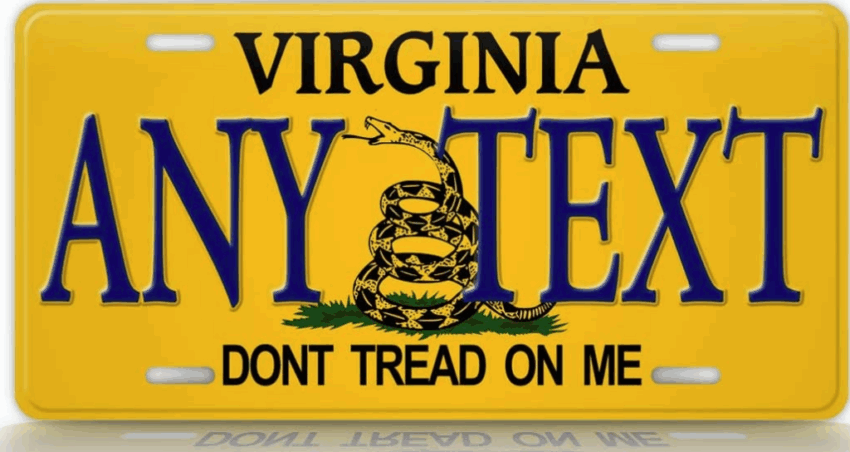WaPo (“5 takeaways from Virginia’s primary election results“):
The political spotlight this year is on Virginia, which kicked off its statewide election cycle on Tuesday as voters around the state cast their ballots in primary races that determine this fall’s closely-watched battle for the top posts in Richmond.
Much of the November ballot was already set. Neither candidate for governor — Democrat Abigail Spanberger and Republican Winsome Earle-Sears — faced any opposition from inside their party, as was the case for Republicans seeking to serve as lieutenant governor and attorney general.
I’ve been following politics casually since at least 1980 and professionally since 1992 and don’t recall anything quite like this: an open governor’s seat with both major parties essentially nominating their candidates by acclamation. And it’s not like either Sears or Spanberger are superstars; most Virginians couldn’t pick them out of a lineup.
But Virginians nonetheless set early-voting records in some closely contested primaries for those jobs and some of the 100 House of Delegates seats also on the ballot this fall.
Which is quite remarkable. As I’ve noted countless times before, Virginia has off-off-year elections, seemingly with the intent of driving down turnout. And, as already noted, the sexiest races, for governor, were uncontested. So we* had record turnout to nominate candidates for offices for which the average citizen couldn’t name the current occupant. That would seem to be indicative of a mood of strong political agitation.
The commonwealth’s off-year elections often draw national attention for what they might say about how voters feel about the party in the White House. With federal workforce cuts carried out by the Trump administration hitting Virginia harder than almost any other state, the contest has added resonance this year.
“The old saying that all politics is local doesn’t really apply in Virginia in 2025,” said Stephen Farnsworth, a political scientist at the University of Mary Washington. “Even though Donald Trump’s name is not on the ballot, the president will be at the center of these conversations.”
That much has been true for the last decade. Even when he’s not on the ballot, all political news seems to be filtered through an orange lens.
Still, as was the case when Republicans swept the top three offices last go-round, I’m skeptical that these races are a harbinger for the following year’s congressional midterms, much less the presidential contest three years hence.
As already noted, Virginians seem almost always to vote for a governor of the opposite party of the White House. Spanberger has been in elective politics for a much shorter period than Sears, and has never run a statewide race before. Still, the odds favor the Democrat taking back the statehouse.
Does that have much bearing on what happens in 2026? Probably not. Democrats are likely to regain ground in both the House and Senate, anyway, as the midterms almost always favor the out party. To the extent Virginia’s outcome is a reflection of anger at Trump, though, it could well linger for another year.
*We’re at the beach down in North Carolina and did not participate. I likely wouldn’t have even if I’d been home.
Click this link for the original source of this article.
Author: James Joyner
This content is courtesy of, and owned and copyrighted by, https://www.outsidethebeltway.com and its author. This content is made available by use of the public RSS feed offered by the host site and is used for educational purposes only. If you are the author or represent the host site and would like this content removed now and in the future, please contact USSANews.com using the email address in the Contact page found in the website menu.








